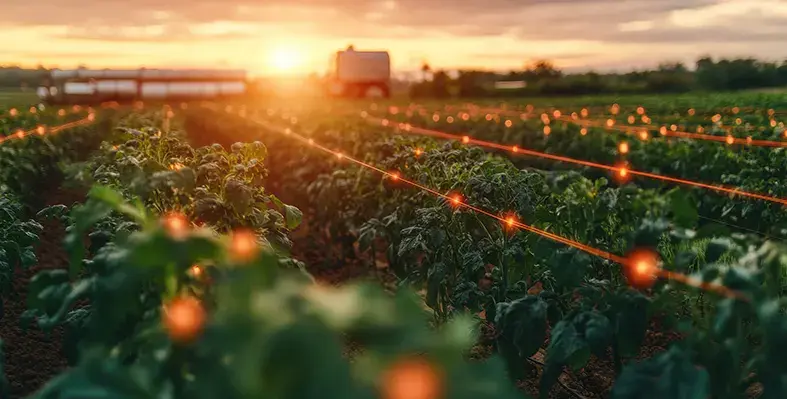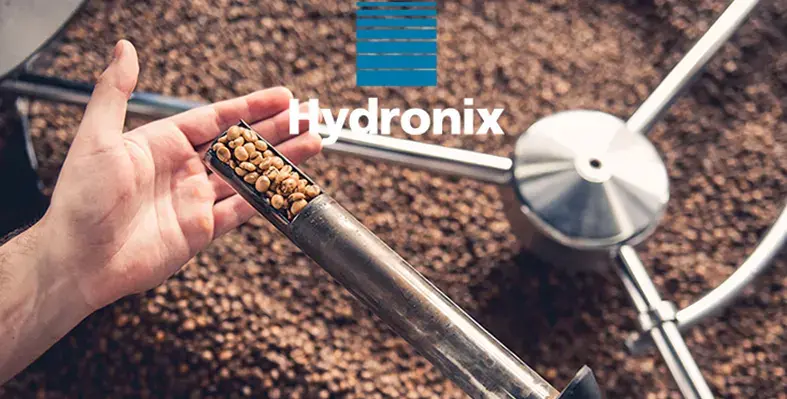The Philippines is intensifying its efforts to ratify a landmark international treaty aimed at protecting marine biodiversity in areas beyond national jurisdiction (BBNJ), reinforcing its commitment to ocean conservation and sustainable marine resource management
The Department of Agriculture (DA) has pledged full support to the Department of Foreign Affairs (DFA) in promoting the Senate’s concurrence to the Agreement on the Conservation and Sustainable Use of Marine Biological Diversity of Areas Beyond National Jurisdiction (BBNJ). Signed under the framework of the United Nations Convention on the Law of the Sea (UNCLOS), the BBNJ treaty addresses the conservation and equitable use of marine resources in high seas and other regions beyond exclusive national control.
Although Ferdinand Marcos Jr., President ratified the agreement in 2024-a year after its global adoption - the treaty still requires Senate concurrence before the Philippines can officially participate.
Francisco P. Tiu Laurel Jr., Agriculture Secretary emphasised the agreement's relevance for the Philippines, said, “The BBNJ Agreement is crucial for conserving and sustainably managing marine biodiversity in areas beyond the Philippines’ jurisdiction, allowing the country to safeguard its rich marine ecosystems while ensuring fair access to and equitable sharing of benefits from marine genetic resources.”
As a nation composed of over 7,000 islands and located near areas beyond national jurisdiction (ABNJ), the Philippines has a strong stake in the treaty’s success. It was an early signatory and active participant in the negotiation process, aligning with global conservation goals and the principles of the 2016 South China Sea Arbitration Award.
Undersecretary for Fisheries Drusila Esther Bayate stressed the strategic timing of the ratification: once approved by the Senate, the Philippines will be eligible to participate in the first Conference of Parties (COP1). This milestone event is expected to take place shortly after 60 countries submit their ratification instruments to the United Nations. As of late August, 55 nations have completed the process, with momentum building towards reaching the required threshold during the UN General Assembly from September 23–26.
The BBNJ treaty represents a critical tool for archipelagic nations like the Philippines—not only to influence global marine governance but also to safeguard marine ecosystems, promote fair benefit-sharing, and support the livelihoods of coastal communities reliant on ocean resources.









